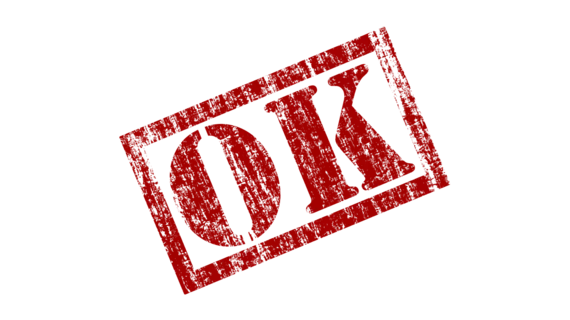Notable regulatory approvals of emerging technologies over the past 30 days
Along with AI in its various iterations, the list may include virtual and augmented reality, 3D printing, robotics and other innovative technologies changing healthcare delivery.
Lazarus 3D: FDA clearance for 3D-printed synthetic soft tissue (July 29)
Lantheus Holdings: FDA clearance for AI molecular imaging prostate cancer assessment (July 29)
Volpara Health: FDA clearance for AI breast density assessment (July 29)
RealView Imaging: FDA clearance for 3D interactive medical holography (Aug. 2)
Abbott: FDA clearance for AI-enhanced coronary artery imaging (Aug. 3)
Neuralert: FDA breakthrough designation for algorithmic inpatient stroke detection (Aug. 3)
InsightRX: CE mark for cloud-based AI precision medication dosing (Aug. 5)
Altoida: FDA breakthrough designation for AI neurocognitive function monitoring/Alzheimer’s prediction (Aug. 5)
Acutus Medical: FDA clearance, CE mark for AI assessment of complex atrial arrhythmias (Aug. 11)
BrainsWay: FDA clearance for deep transcranial magnetic stimulation for anxious depression (Aug. 18)
Qure.ai: FDA clearance for AI brain injury imaging assessment (Aug. 19)
Mauna Kea Technologies: FDA clearance for AI-enhanced blood flow visualization (Aug. 24)

